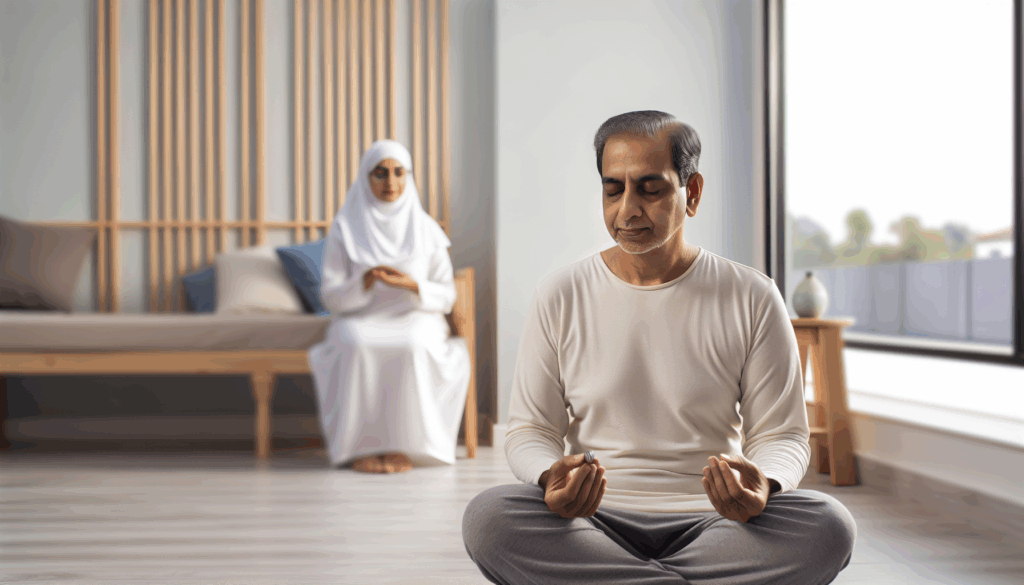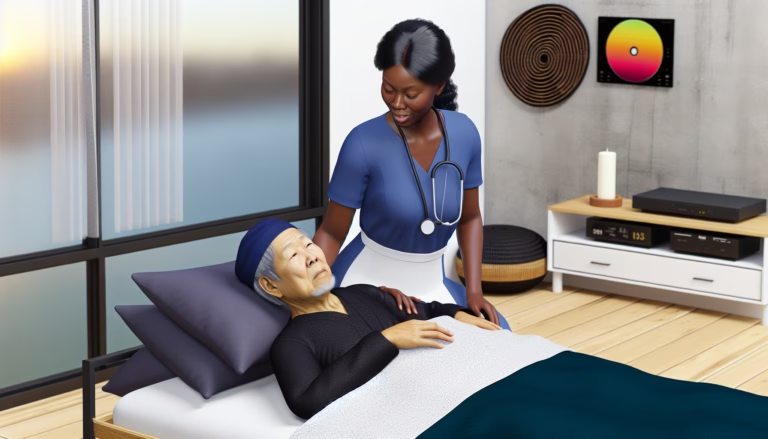Exploring the Power of Mindfulness for Home Health Patients
Living with a chronic health condition or facing day-to-day health challenges at home can sometimes be stressful and taxing, both physically and emotionally. In such circumstances, mindfulness can be an incredibly potent tool in maintaining overall well-being. It has been shown to alleviate stress, enhance mental clarity, and even improve physical health, making it a valuable practice for home health patients.
Mindfulness, essentially, is the practice of focusing one’s attention on the present moment without judgment. It encourages acceptance of our feelings, thoughts, and sensations as they come and go. It’s a simple yet powerful way to create harmony between the mind and body, fostering a sense of tranquility and empowerment. Below, we delve into the myriad ways mindfulness can enhance your home health experience.
Stress Reduction
Stress can adversely affect health, particularly for those already managing health issues. Fortunately, numerous studies show that mindfulness meditation can significantly reduce stress levels. It promotes relaxation and provides a sense of control over one’s emotions and thoughts, helping to manage stress symptoms more effectively.
Improved Mental Health
Depression, anxiety, and other mental health issues are common among home health patients. Mindfulness has been recognized as an effective non-medical intervention in managing these conditions. Its emphasis on living in the moment prevents ruminations about the past or worries about the future, thereby improving overall mental well-being.
Enhanced Physical Health
Mindfulness is not only good for the mind, but the body as well. Regular practice has been found to help manage chronic pain, enhance sleep quality, and even lower blood pressure. By recognizing and accepting pain without judgment, we learn how to cope with it more efficiently.
Boosting Caregiver Well-being
Mindfulness isn’t just beneficial for patients, but also for caregivers. Providing care can be emotionally taxing. Practicing mindfulness equips caregivers with coping mechanisms that can reduce feelings of stress, burnout, and anxiety while increasing overall resiliency.
Fostering Connection
Mindfulness fosters a stronger connection with oneself, others, and the environment. For home health patients, this can be a pathway to improved self-understanding, stronger relationships with their caregivers, and a greater appreciation for the world around them. Through increased self-awareness, they can better communicate their needs and foster stronger, more supportive relationships.
In conclusion, incorporating mindfulness into your daily routine can remarkably enhance your home health journey. It’s worth noting, however, that mindfulness is a personal journey that different people experience differently. Always remember to be patient with yourself, and most importantly, to enjoy the journey.
As you venture into the world of mindfulness, be open to the transformations it can bring – greater peace, better health, and a deeper connection with the world around you.



